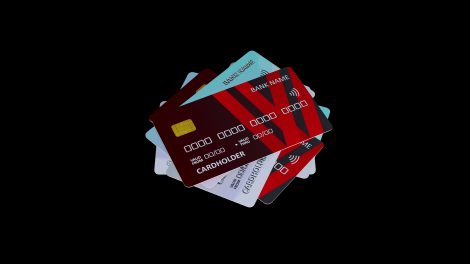When Credit Card Debt Takes Over
Filed under: Debt
 High-interest credit cards can turn manageable expenses into overwhelming debt. What begins as a temporary solution—covering emergencies or making ends meet—can quickly spiral into a financial crisis. One powerful tool designed to give people a fresh start.
High-interest credit cards can turn manageable expenses into overwhelming debt. What begins as a temporary solution—covering emergencies or making ends meet—can quickly spiral into a financial crisis. One powerful tool designed to give people a fresh start.
Stops Collection Calls and Lawsuits
As soon as you file for bankruptcy, an automatic stay goes into effect. This court order immediately stops most collection activities, including calls, letters, wage garnishments, and even pending lawsuits.
Credit card interest compounds quickly. Bankruptcy halts this vicious cycle by wiping out balances instead of merely reducing them. You’ll no longer feel like you’re trying to climb out of a hole that keeps getting deeper.
Eliminates Credit Card Debt
Most credit card debt is unsecured, which means it can often be discharged in Chapter 7 bankruptcy. This means you are no longer legally required to pay it, giving you true financial relief.
Without the constant pressure of interest and payments, bankruptcy lets you redirect your income toward essentials—housing, food, transportation—and start rebuilding your credit over time with a clean slate.
Protects Your Property
Contrary to popular belief, filing for bankruptcy doesn’t mean you lose everything. Many people who file for Chapter 7 keep all of their property thanks to exemption laws. Chapter 13 even lets you keep assets while you repay some debts over time.
Chapter 7 cases typically last about 3 to 6 months from filing to discharge. That means you could be free of your credit card debt in under half a year.
If credit card debt is controlling your life, bankruptcy may be the lifeline you need. It’s not the end—it’s the beginning of a smarter, more stable financial future. Speak with a qualified Houston bankruptcy attorney to explore whether it’s the right step for you.
Disclaimer: This blog post is for general informational purposes only and does not constitute legal advice. Your specific situation may vary. Please consult with an attorney at Baker & Associates to discuss your particular case.

